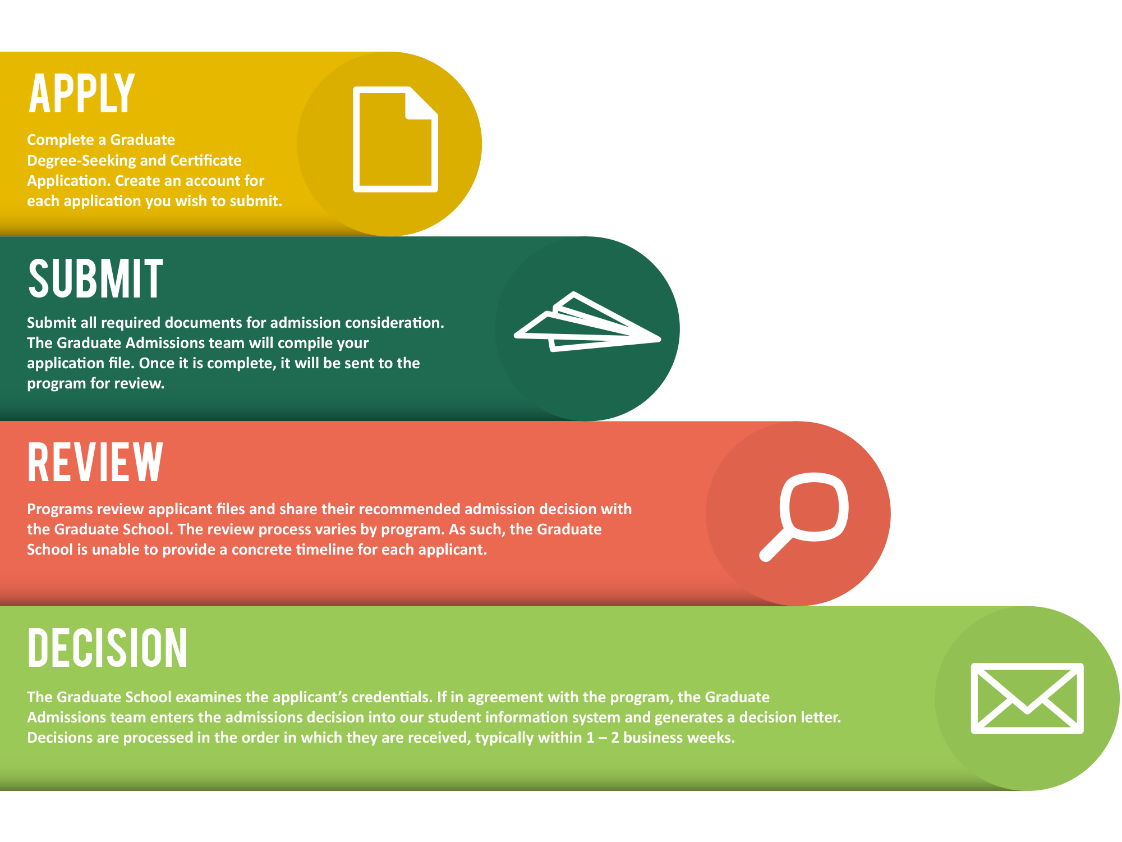- +91 22 23526372
- kgc@karangupta.com

Written by Overseas Education Consultant and Study Abroad Career Counsellor in Mumbai, Karan Gupta
July - September – If you are an undergraduate student, write or send emails to universities and request them for their application forms and brochures. If you are a graduate or MBA student, start researching universities online. Always start with a larger number of universities and then narrow your choices down later in the application process. If you are unsure about which countries to apply to, send pre-application requests to universities in different countries and make your final choices later. Start studying for the exams you need to take – GRE, GMAT, ACT or SAT and the TOEFL or IELTS. Registration for all these exams can be done online on their respective websites.
October – You should be now studying very hard for the GRE, GMAT, ACT or SAT exams. If you are an undergraduate student, you would need to take the SAT or/and ACT (and possibly the SAT II). Graduate students applying for non-business programmes will need to take the GRE. If you are applying for an MBA or other business programmes will need to appear for the GMAT. Irrespective of the programme you are applying for, you will need to take the TOEFL. Applicants to the UK, Canada or Australia, usually do not need to take the GRE, GMAT or SAT. (MBA applicants to top universities worldwide need the GMAT). Always check with your universities if you need to take any standardized exams before you actually start studying. If you are applying to Australia, you will need to take the IELTS and not the TOEFL.
Most universities may require 2 SAT subject tests and hence check with the universities before you appear for the SAT Subject test exams.
November – Finish taking all the standardized exams this month. Make sure you carry your valid passport (with a recent photograph) and a second form of identification as well on the test day. Once your exams are over, start preparing the documents you need for admissions. Most universities require three letters of recommendation, transcripts, a statement of purpose or an essay, and a resume. Your statement of purpose (SOP) is important as it is your chance to talk directly to admission committee and hence prepare your SOP well. Do not trust other people to write your SOP.
December –If you are an undergraduate student to the US you can apply for early decision or early action to one university. If you do get into the university under the early decision plan, you are bound to accept the offer and cannot change your mind. So think carefully before applying for early decision. Graduate students cannot apply for early decision but should mail their applications out by early December. If you are applying to US universities you will also need to send proof of your finances. Usually a bank letter and an affidavit of support are sufficient.
Send your applications out by a reputed courier company. Avoid sending your applications with uncles, aunts, cousins or friends as many times this delays the application process. Companies such as DHL, FEDEX and UPS usually offer special discounts to students.
Check and recheck your final applications before you send them out. Make sure there are no obvious errors. Sending an application intended for the University of Pennsylvania to Columbia University, can certainly result in the denial of your application. Also, having food stains on your application form is something which will not impress the admission committee.
Most universities have online application forms. You should fill your application form online and pay your application fee via credit card. Avoid filling in paper forms.
January – February – This is a waiting period. Most universities will not give you a final decision till March or April. Do not harrow universities for their final decisions. Give the university time to make a decision on your application. Hurrying them up will not be in your best interests.
This is the time for you to start thinking about your student visa. Discuss with your parents how your family will pay for your education. Try and build up your liquid assets so that when you actually apply for a visa, it does not look like you have suddenly won the lottery!
March – April – Carefully evaluate your admission offers. Speak to students, faculty, and alumni of various universities and then make your final decision. Inform the university of your intentions of joining and call for your visa letter or I-20. Be nice and inform the other universities that you applied to, that you will not be joining them.
May-June – Apply for your student visa. Check the existing rules and regulations and prepare your documents well. Be confident and go for your visa interview. Also, book your air ticket now. Getting confirmed seats on airlines in August is very difficult and so you should book your ticket well in advance.
July – August – Once you have your visa and your ticket in hand, make a list of all the things that you would like to buy. Collect your favorite Hindi movie VCDs, DVDs, and music CDs and get ready to fly to the land of your dreams!
Karan Gupta is the leading international education and career consultant in Mumbai, India. Since 1999, he has given career counselling and has helped thousands of students with study abroad and get admission and visas to universities and colleges in the US, UK, Canada, Australia, Singapore and EU and also helps them get scholarships, loans and financial aid. In addition to aptitude tests and career counselling, his firm also provides training and coaching for the GMAT, GRE, SAT, ACT, TOEFL, IELTS, and PTE exams. Karan Gupta is the best study abroad career counsellor, consultant and career guidance expert in Mumbai.
